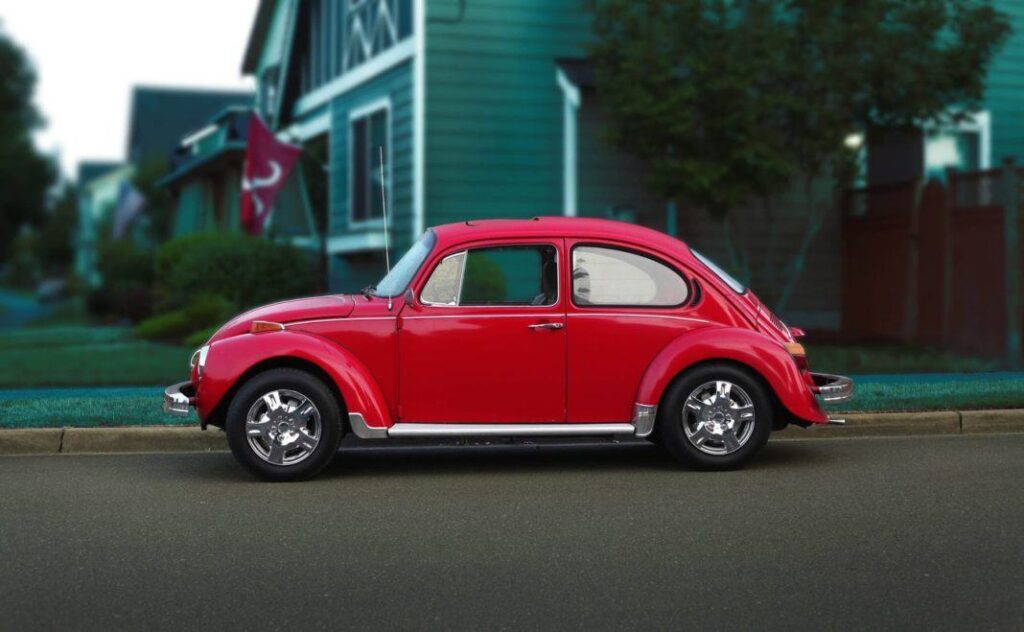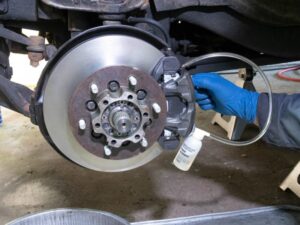From a piece of gum to a cup of tea, it seems like everything is expensive these days. What more is your car? You pulled a lot of money and took out a loan for it so you definitely want your car to last as long as possible. According to the Department of Transportation, the average life span of all modern vehicles is more than 11 years with more or less 200,000 mileage. But it takes a “good” driver to break this record. So here are tips to follow if you want to extend the life of your car:
1. Read the user’s manual.
The most important thing to do after purchasing a vehicle is to read the user’s manual carefully. But believing they’re expert enough, most drivers are likely to leave their manuals buried under a pile of old, dirty magazines in the glovie. Without realizing that the manual contains all the important details including the proper use of function tools, handling of parts, overall maintenance, and schedule of change filters and fluid. So don’t rely on yourself or other people alone because if there’s someone who knows the car better, it’s the manufacturer. And they created manuals to guide you.
2. Clean your car after every use.
Traveling on the road is prone to dirt, germs, and bad air. Therefore, cleaning your car after every use is essential. When you keep your car clean, it’s like you keep your bedroom clean as well. How others see your bedroom tells a lot about yourself. And you don’t want them to think you’re a messy person, do you?
A stinky car will eventually attract more and more dirt that can affect both interior and exterior parts. So get those car cleaners now or visit a carwash every once in a while to keep your car looking good and retain a higher resale value in time.
3. Store your car in a safe place.
Keeping your own garage can be a little challenging if you live in a city where finding an empty space is a major problem. Due to scarcity, most vehicles are parked on both sides of the roadways, leaving a smaller space for running motors. Situations like this can be a source of collisions and other road accidents and carnapping crimes. So if possible, try investing in your personal garage to keep your car safe from any source of damages outside.
4. Protect your seats.
All things can get worn out in time including your car seats. And when it comes to vehicles, it’s not only the exterior part that matters. A well-groomed interior is a great asset to keep. Car seats, being the first things to catch your eyes when you open the door, should be kept clean and brand new to maintain a well-groomed interior. Instead of replacing the car seats when wear and tear occurs, protect them with car seat covers as early as possible.
5. Change your oil.
Every manufacturer has different things to say when it comes to the schedule of change oil. But most experts say that owners should check their oil every month. You can change oil by yourself but it’s usually easier to get it replaced at the shop.
If you’re confused about why you need to do this every 5000 miles (or per manufacturer’s recommendation), your car needs oil as much as your body needs food and as much as your wallet needs cash. The oil lubricates the engine and stops the flow of detergents. If oil is not changed regularly, dirt will build up and eventually kill your engine. And when your engine stops working, it will not only kill thousands of money for repair but also your happiness.
6. Never drive like a maniac.
If you think it makes you cool to drive like a maniac, well then it’s not cool for your car’s health. Driving too fast can stress and wear out the entire vehicle including the engine, brakes, tires, and other components. So if you can drink responsibly, make sure to drive the same way too.
7. Inspect the entirety of your car.
All parts, whether big or small, they all matter. Always check the entire vehicle to make sure that everything’s good to go. If you notice any problem, get it repaired immediately to avoid more costly repair.






